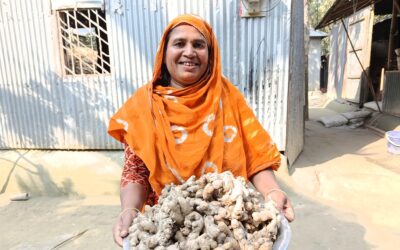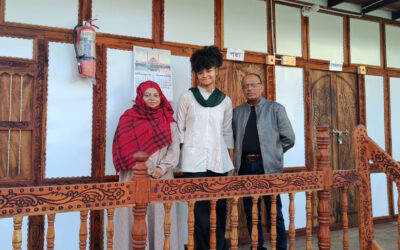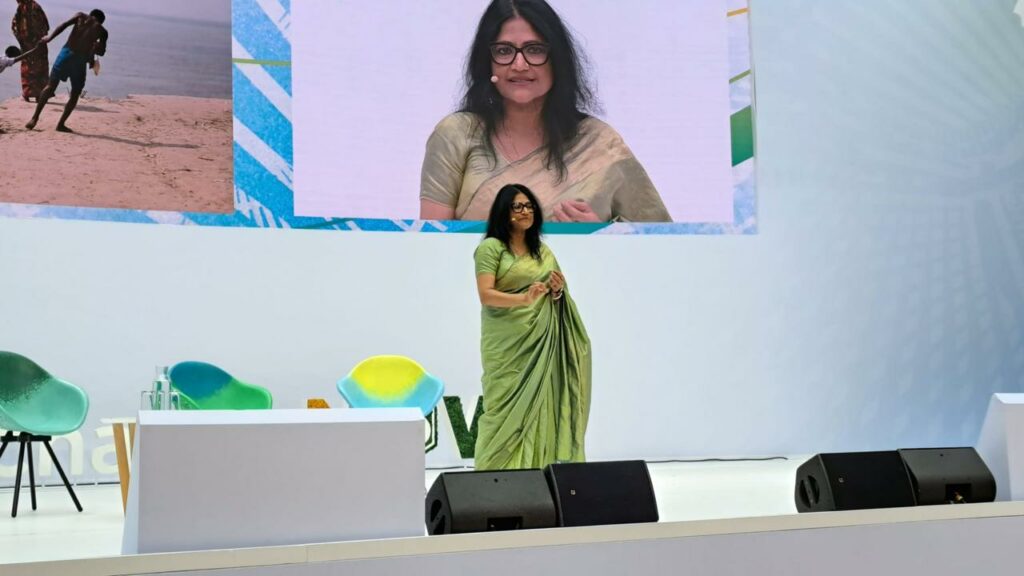
by Friendship News Desk
1 June, 2025
Runa Khan attended the ChangeNOW Summit 2025 at the Grand Palais in Paris, France, as a keynote speaker in the ‘When Disasters Strike’ session, sharing Friendship’s experience and insights regarding climate disasters and their consequences.
The 8th edition of the ChangeNOW Summit took place from 24 to 26 April 2025. More than 40,000 participants from 140 countries, including investors, speakers, media, and volunteers, participated to discuss solutions to climate change and its impact. Briera Dale, Head of ESG Impacts at GNE Finance, moderated Runa Khan’s session.
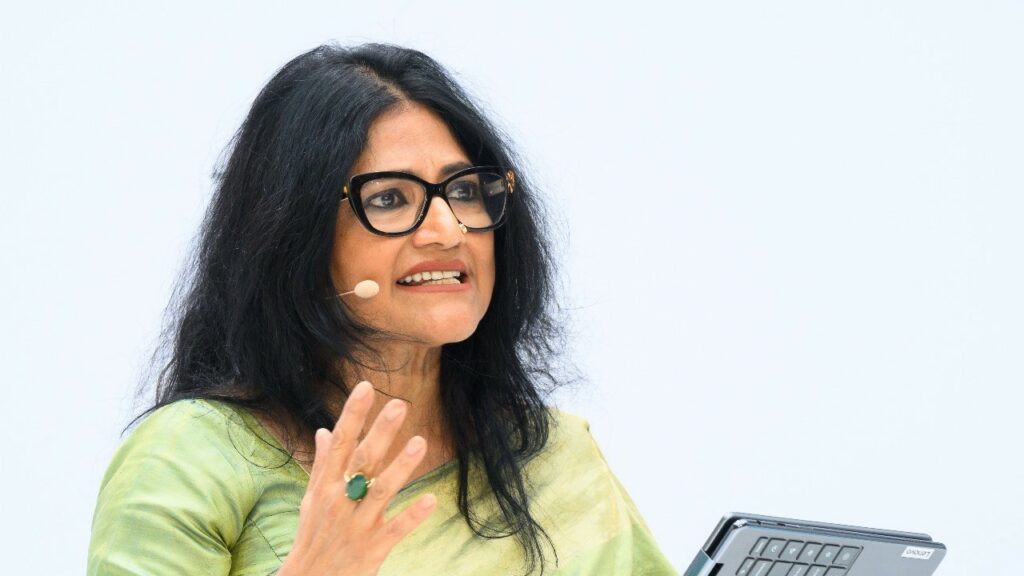
Bangladesh: The Land of Rivers and Resilience
Runa Khan shared that coming from one of the most climate-affected countries in the world meant working with largely unseen communities. Geography and climate have been a part of their nomadic lives for centuries, but it was only in the last 25 years that they have become truly isolated, as climate change has exacerbated their living conditions.
These people no longer fit the ‘internally displaced’ definition. Rather, they are climate refugees. Eighty per cent of their migrations, mostly in the last 25 years, showcase how climate change is affecting lives. For over two decades, Friendship has been working to provide opportunity, dignity, and hope for these forgotten communities.
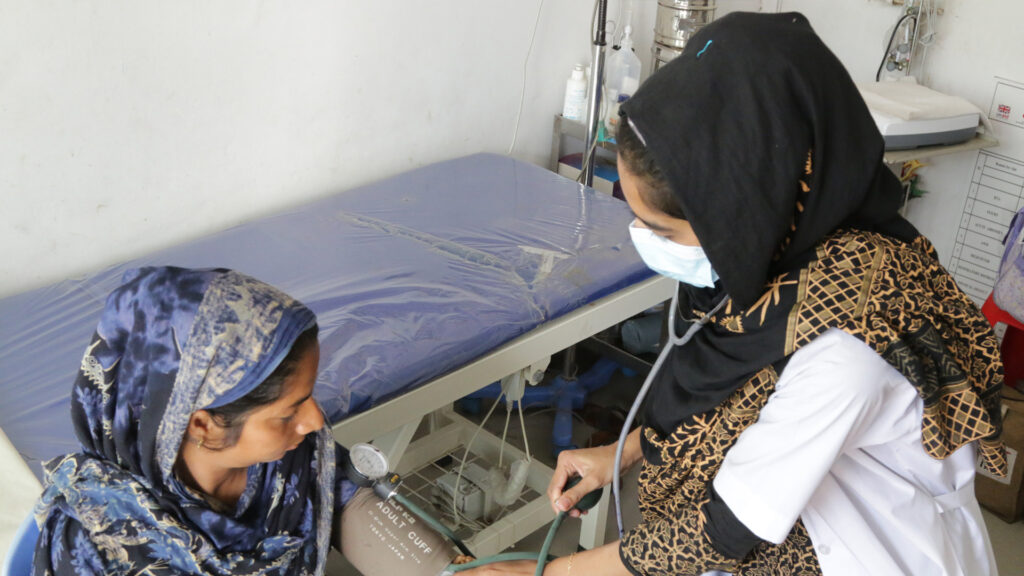
The Friendship Way
It is easy to claim that adaptation is needed before mitigation, but the truth is, everything is needed together. Friendship understood this early on.
When people are suffering, health becomes one such immediate need. Hence, Friendship provides critical healthcare services through hospitals and community clinics as well as trained community medic-aides so that no one is left behind.
Friendship also ensured that they received education, because it gives hope. Through agriculture and livelihoods brought to their doorstep, these communities could stand their ground. Falling back to their old ways and being stranded is not an option. Hence, Friendship trains these communities regularly in community-initiated disaster risk resilience. Verity, dignity and transparency in each service and their willingness to work together gave them continuous hope and value even in sudden, serious disaster situations.
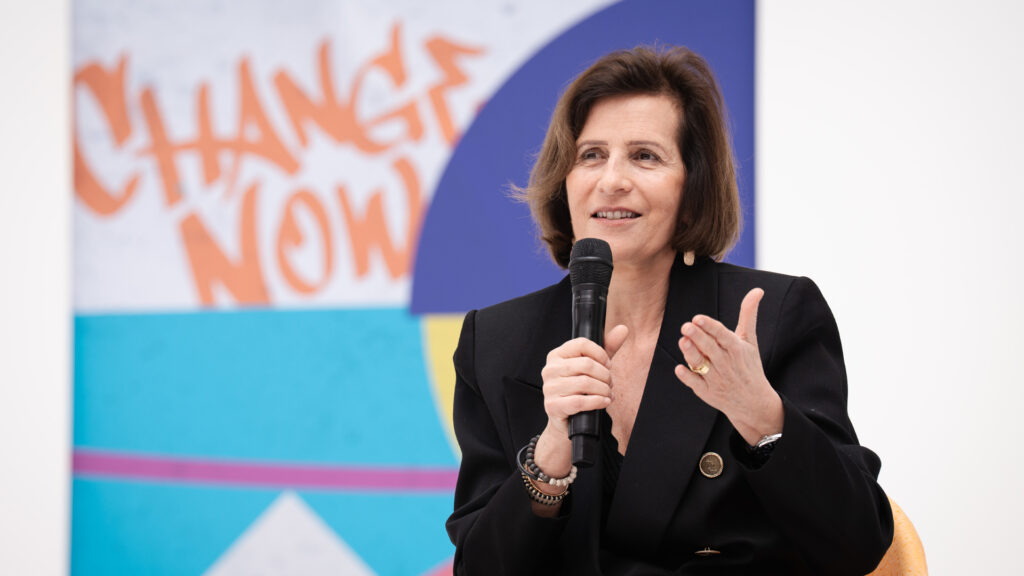
The Politics-Climate Interlink
In Bangladesh, disasters are also shaped by the political atmosphere. A clear example of this kind of compounded disaster is the Rohingya crisis. The one million refugees from Myanmar crossed the border into Cox’s Bazar, once dubbed the green belt of Bangladesh.
Its deforested hills made way for refugee camps, as well as floods, landslides, and reduced biodiversity, disrupting elephant movement and endemic species populations. Through these experiences, Friendship noted that it was important to ensure relief and compassion so that migrants and refugees could feel secure and supported.
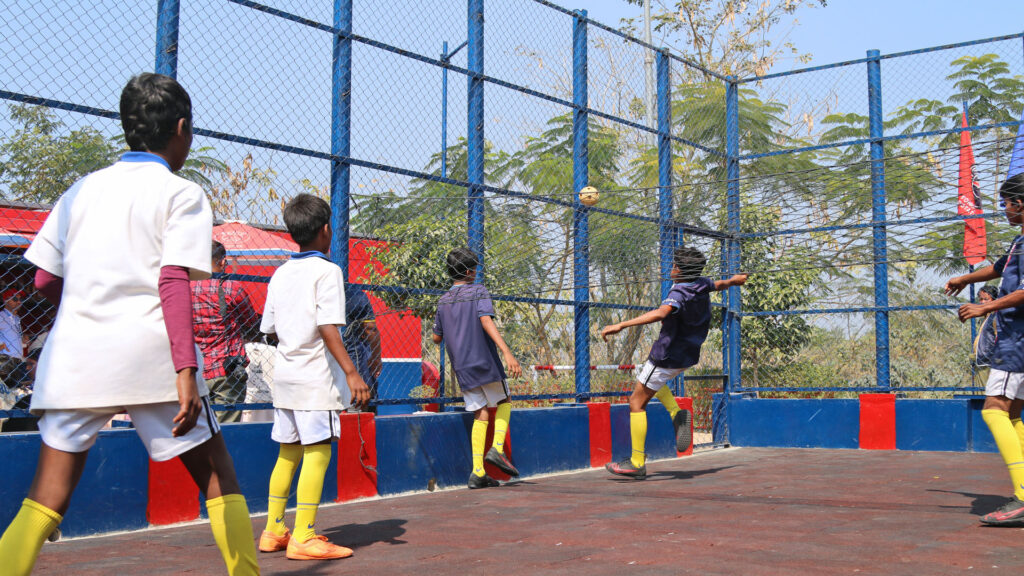
Runa Khan ended her session at ChangeNOW with sound advice: that when giving, it should be done with a lot of respect so that it does not affect the self-respect of the receiver. Otherwise, we are taking far more than giving. All those working on disaster relief and affected communities should remember this approach.
ChangeNOW has been an incredible force of collaboration where real-time, tangible solutions were brought close together in synergy with climate enthusiasts, changemakers, and experts worldwide. It became a vibrant exchange of ideas and information, paving the way for meaningful partnerships and long-term climate solutions.

